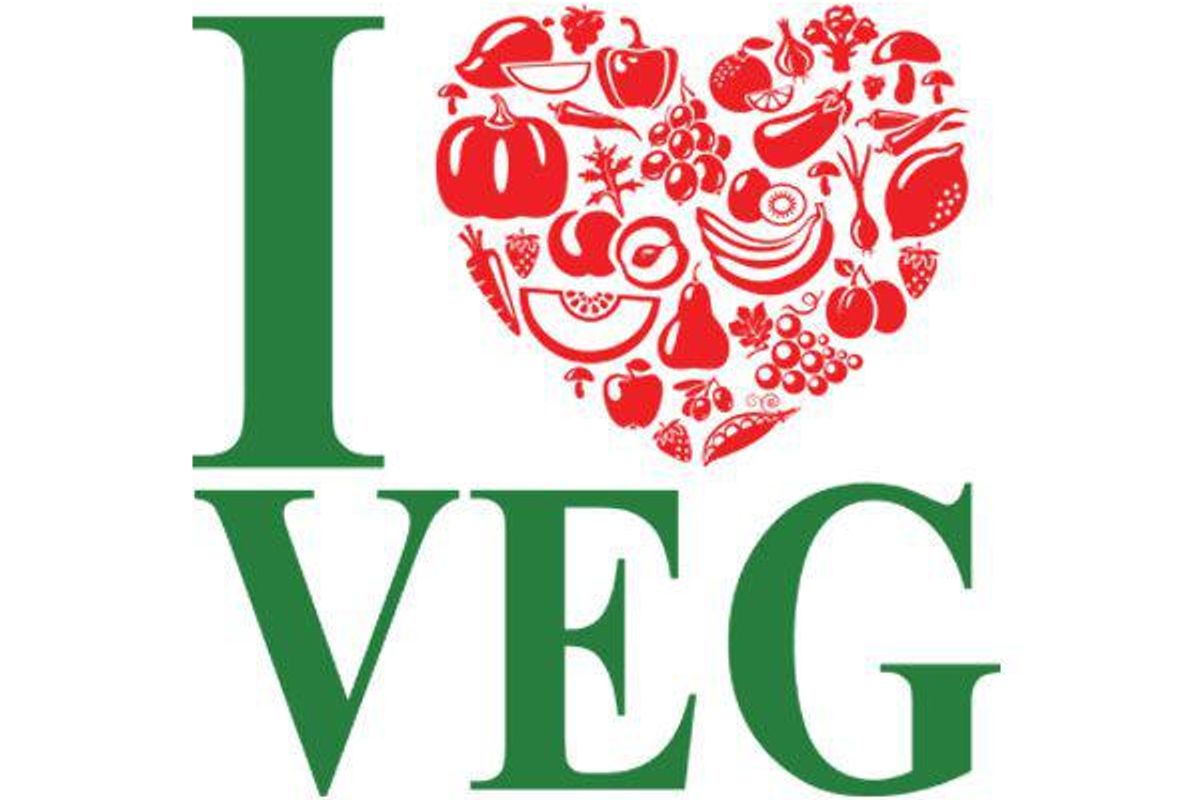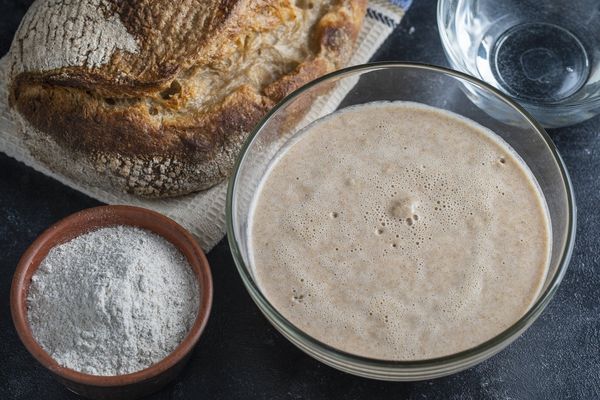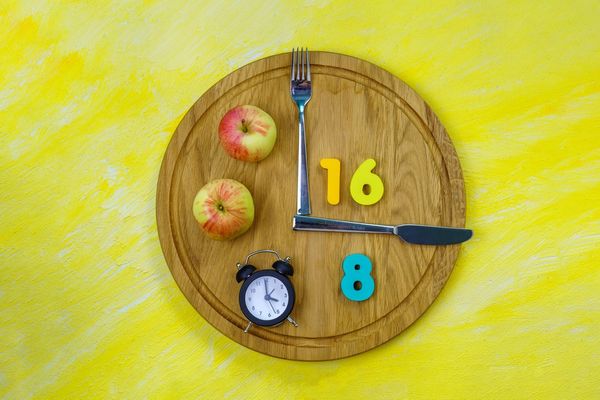Whether you've cut out meat completely or cut back your meat consumption, you may feel challenged to get enough protein. Meat and seafood pack a lot of protein, so without those foods in your diet, it's important to keep protein consumption on the brain.
Protein is essential for giving you energy and building and maintaining a healthy body. But don't panic. You're likely getting more protein in your diet than you realize.
Focus on these vegetarian-friendly protein sources for a healthy, well-balanced diet.
Quinoa and other whole grains. Quinoa is loaded with protein, plus vitamins and minerals like folate, magnesium and potassium. This protein powerhouse is versatile enough for vegetarian chili or soups or can be tossed with vegetables to make a salad. Use it instead of rice for a protein-packed dish. Or go for other grains like barley, oats, amaranth, brown rice, wild rice, whole wheat, bulgur wheat and more. Red Fruit Trio Oatmeal will get your day off to a protein-packed start and California Fiesta Quinoa Salad is a great protein source for lunch or dinner.
Beans, legumes and lentils. Choose from a variety of beans like black, kidney, pinto, white or garbanzo. Buy them dried or canned and spice to your liking. Try protein-rich vegetarian chili, green pea pesto, split pea soup, black bean salad or chickpea hummus. For a light lunch, snack or party dish, start with Black Bean Avocado Dip or Artichoke Spinach Hummus.
Nuts, nut butters and seeds. Sunflower, pumpkin, poppy and sesame seeds plus walnuts, almonds, cashews, pistachios and peanuts all boast proteins. Raw or dry-roasted varieties are best. Sesame-Seared Tofu is a vegetarian protein powerhouse. Just don't overdo it with nuts and seeds, because most are high in fat and calories. You can also go for peanut butter, almond butter, cashew nut butter or soy nut butter. Ones with fewer ingredients on the label are usually the healthiest.
Tofu, tempeh and other soy products. Foods made from soybeans are a rich source of protein. Tofu, soy yogurt, soy milk (which comes in flavors like chocolate or vanilla), soy nuts, soy cheese or tempeh are some options. Place soy products in pasta sauces, soups, salads or stir-fries. You can even add protein to your veggies with Tofu Ranch Dressing. If you don't like tofu, try tempeh, which is made from cooked and slightly fermented soybeans and formed into a patty. Many vegetarians love its texture, which is firmer than traditional tofu.
Seitan. This popular meat substitute—also called wheat gluten, wheat meat or wheat protein—is made from wheat gluten. Use it in any recipe that calls for poultry because it tastes like chicken and looks like duck meat. Add it to soups, sandwiches or anywhere else you'd use meat. Beware that some packaged varieties are loaded with salt, so taste before adding salt when you're cooking with seitan. If you're feeling adventurous, try making Homemade Seitan.
Eggs. Unless you've decided to go vegan and eliminate all animal products, you may still eat eggs, which are protein powerhouses and low in calories to boot. Try this Asparagus Omelet for breakfast or anytime.
Hemp. Hemp milk comes from the same plant as marijuana, but you're not getting the part of the plant that is the drug. This dairy-free beverage has a creamy consistency and slightly nutty flavor. You can also find hemp in trail mixes and some cereals. Or, put the seeds in baked goods, pestos or smoothies. Start your day with Orange Millet Cereal orBuckwheat Banana Pancakes With Blueberry Sauce, both made with hemp milk and healthy grains.
For more healthy, vegetarian recipes, visit HealthyWomen's recipe section.







